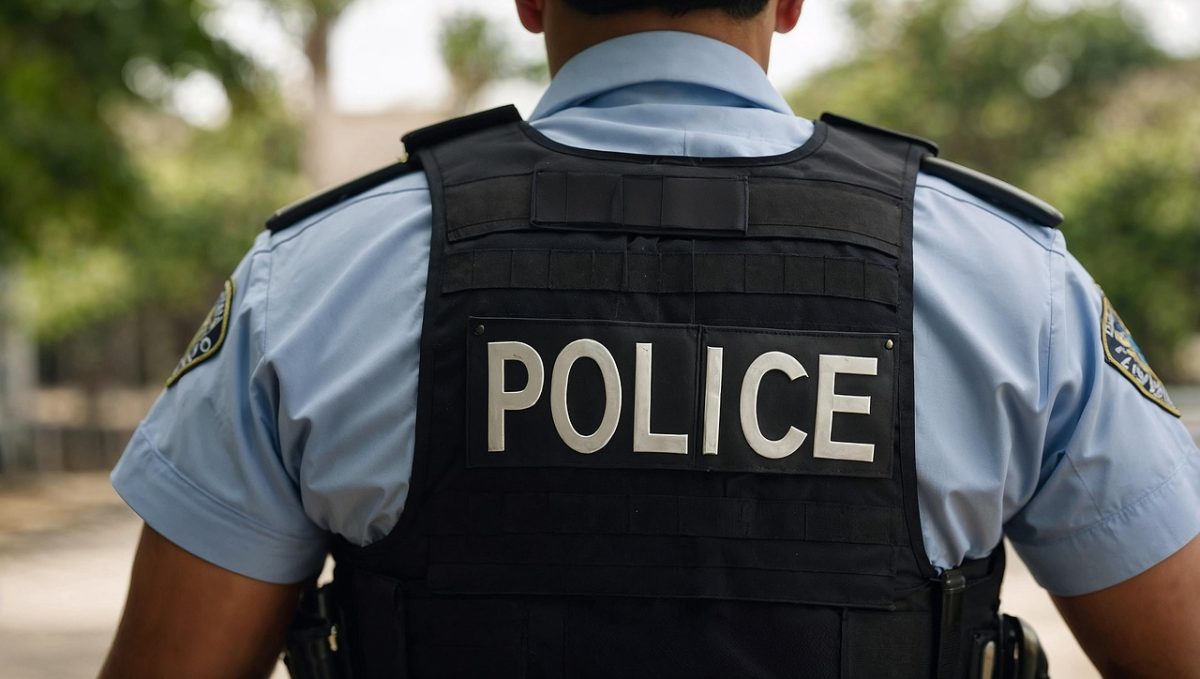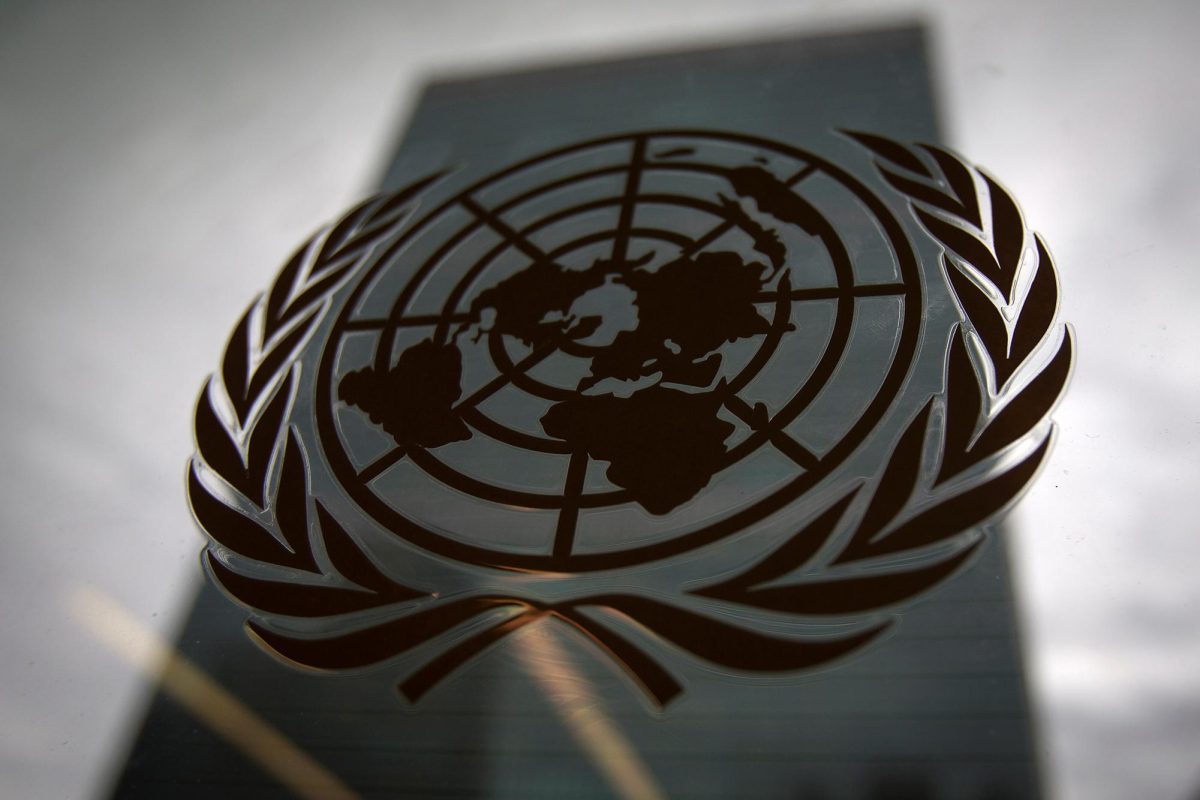The recent case involving a University of Kentucky Student and cheerleader, Laken Snelling, has drawn national attention, and while it has tragic circumstances, it also reveals the gaps in resources for young women facing crisis pregnancies.
On August 27th, 2025, police responded to a call at Snelling’s residence in Lexington, Kentucky, where they found an unresponsive infant wrapped in a towel in a trash bag. Police said the infant was “pronounced deceased at the scene” and concluded that Snelling was his mother, according to Fox News. An autopsy report was done, but it proved inconclusive.
On August 31st, Snelling was taken into custody and charged with tampering with physical evidence, concealing the birth of an infant, and abuse of a corpse. However, the circumstances surrounding the cause of the infant’s death and Snelling’s involvement are still unclear. She has since pleaded not guilty. Snelling was also released on a $100,000 bond and placed under house arrest. She has since withdrawn from the university and was removed from her STUNT cheer team.
While the case continues, it prompts broader discussions about what can be done to prevent tragedies just like this one. This case highlights the critical issue of the gap in resources and awareness for young women facing unexpected or crisis pregnancies. Many women may feel unable to use or are unaware of the resources available to them. Sometimes women can feel a sense of shame or embarrassment, especially when the pregnancy is unplanned. “Facing an unplanned pregnancy can be a daunting and overwhelming experience, filled with a wide range of complex emotions. From shock and fear to uncertainty and even excitement, it is entirely normal to feel like you are on an emotional rollercoaster,” said the Axia Center.
In Kentucky, under the Safe Infants Act, parents are allowed to surrender their infant anonymously and safely if their infant is under 30 days old. The designated locations for Safe Haven are with staff at a hospital emergency room, with an officer at a police station, with a firefighter at a fire station, with an emergency services medical provider, or with a staffed participating place of worship. Kentucky also has Safe Haven Baby Boxes, which allow parents to anonymously surrender their newborns. These boxes trigger an alert to emergency responders to ensure the child is safe and able to receive medical care (according to kentucky.gov)
Many states, not just including Kentucky, have their own Safe Haven Laws specific to the state. In Massachusetts, a parent can “legally surrender newborn infants 7 days old or younger at a hospital, police station, or manned fire station without facing criminal prosecution”, according to mass.gov. Each state is different, but information can typically be found on state government websites. Pregnancy resource centers are also available across the United States, which can be found through the American Pregnancy Association. These centers provide pregnancy services, education, adoption information, and may have options regarding termination of a pregnancy.
However, fear, stigma, or lack of awareness often keep these options out of reach. The Snelling case emphasizes the importance of expanding education and outreach so young women know where to go for safe and supportive alternatives. Advocates suggest broader education campaigns, more awareness, and better funding for these programs could help prevent tragedies just like this one. The real question is: are young women in crisis getting the help they need before it’s too late?
If you or someone you know is struggling with any of these topics, utilize these resources.
National Maternal Mental Health Hotline 1-833-TLC-MAMA (1-833-852-6262)
American Pregnancy Association: 972-550-0140
National Abortion Hotline 1-800-772-9100
Planned Parenthood Hotline 1-800-230-PLAN (7526)
References:













